Anthony Goldstone, Caroline Clemmow - Schubert: The unauthorised Piano Duos, Vol. 2 (2006)
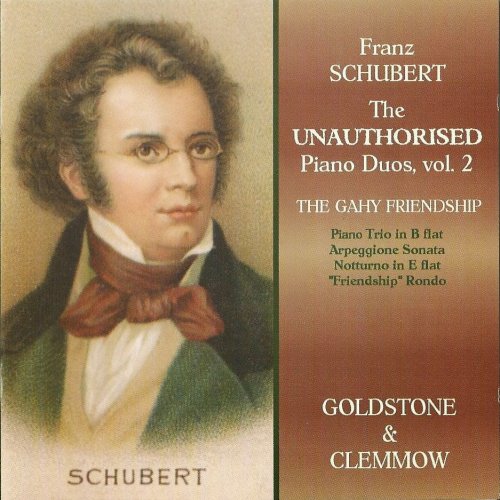
Artist: Anthony Goldstone, Caroline Clemmow
Title: Schubert: The unauthorised Piano Duos, Vol. 2
Year Of Release: 2006
Label: Divine Art
Genre: Classical
Quality: FLAC (image+.cue,log,scans)
Total Time: 01:11:00
Total Size: 226 Mb
WebSite: Album Preview
Tracklist: Title: Schubert: The unauthorised Piano Duos, Vol. 2
Year Of Release: 2006
Label: Divine Art
Genre: Classical
Quality: FLAC (image+.cue,log,scans)
Total Time: 01:11:00
Total Size: 226 Mb
WebSite: Album Preview
01. Trio in B flat major D898 - 1-AllegroModerato [0:10:45.54]
02. Trio in B flat major D898 - 2-AndanteUnPocoMosso [0:08:21.31]
03. Trio in B flat major D898 - 3-Scherzo-Allegro [0:06:23.26]
04. Trio in B flat major D898 - 4-Rondo-AllegroVivace [0:08:58.52]
05. Notturno in E flat major D897 [0:07:45.68]
06. Sonata in A minor D.821 "Arpeggione " - 1-AllegroModerato [0:08:09.53
07. Sonata in A minor D.821 "Arpeggione " - 2-Adagio [0:03:39.58]
08. Sonata in A minor D.821 "Arpeggione " - 3-Allegretto [0:08:27.68]
09. "Friendship" Rondo in D major D.608 [0:08:33.14]
Performers:
Anthony Goldstone - piano
Caroline Clemmow – piano
Once again, the piano duo of Goldstone and Clemmow has discovered works transcribed for piano, four-hands that are sure to fascinate not only fans of piano duets, but also those of the original composer. Through observant reading of a biography of Schubert, the team realized that transcriptions had been made of some of his chamber music by one Josef von Gahy. Gahy was one of Schubert's closest friends in Vienna, a civil servant, and very accomplished amateur pianist. Gahy frequently played Schubert's piano music at evening Schubertiades, but more importantly, Gahy and Schubert often played duets at the piano together. Gahy made his transcriptions after Schubert's death, hence the "Unauthorised" in this disc's title, but given his close relationship with Schubert, they are authoritative. Goldstone and Clemmow found Gahy's manuscripts at the Vienna City Library, and obtained copies of the Piano Trio No. 1, the Notturno for piano trio, and the "Arpeggione" Sonata for this recording. The first two works lose only a little of the original's lush lyricism of the strings, most noticeably in the outer sections of the Notturno, but otherwise, the transcriptions are extremely well suited to the piano. In fact, the faster sections of the Notturno sound exactly as if Schubert had written it for just the piano. Any loss, however, is made up for in the duo's attention to the shaping and shading of the music, which is just as lovely as one could hope. The Arpeggione, of course, has already proven to be hardy enough to withstand performances on every instrument imaginable without losing any of its warm charm and playfulness, so it's no surprise that it also works well in a piano duet version. (There is a small surprise in the opening of this version of the sonata for anyone who knows the piece intimately.) The team rounds out the disc with a Rondo, D. 608, that almost assuredly was performed by Gahy and Schubert themselves. Goldstone and Clemmow's dedication to expanding the piano duet repertoire has once again found treasure with these Schubert transcriptions.
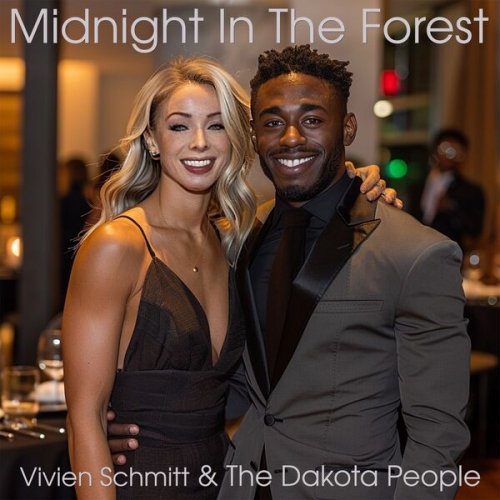
![Alcides Neto - Amú (2026) [Hi-Res] Alcides Neto - Amú (2026) [Hi-Res]](https://img.israbox.com/img/2026-02/26/mtckmw6jmvula60sukh6h3h26.jpg)
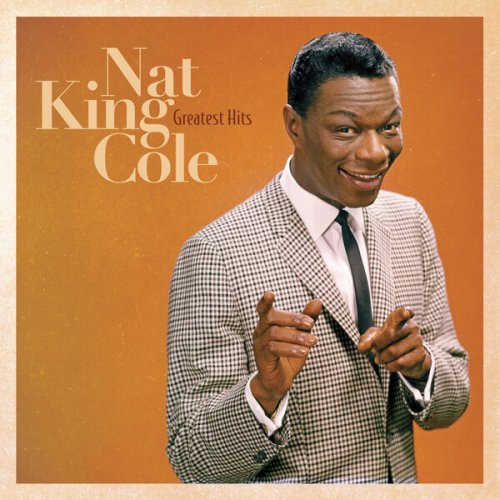
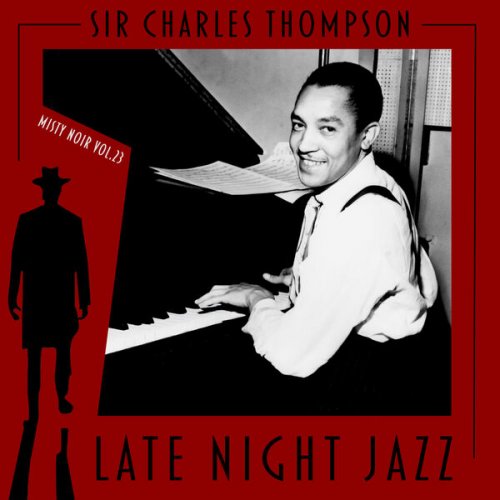
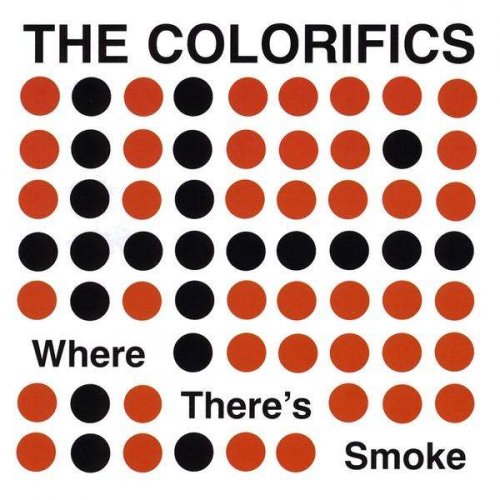
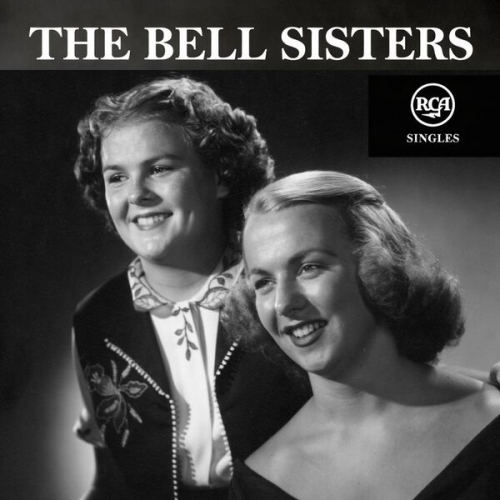
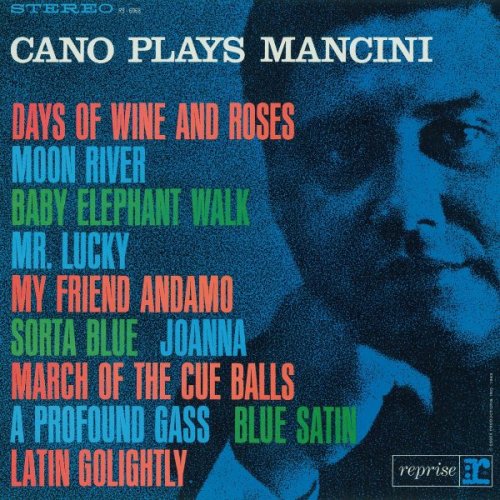
![El Calefón - Salir Del Agujero (2026) [Hi-Res] El Calefón - Salir Del Agujero (2026) [Hi-Res]](https://img.israbox.com/img/2026-02/26/sm3fq4x280rjvn4eh85ksne6j.jpg)
![Chad Lefkowitz-Brown - City Spirit (2026) [Hi-Res] Chad Lefkowitz-Brown - City Spirit (2026) [Hi-Res]](https://www.dibpic.com/uploads/posts/2026-02/1772171883_y3mc4z2lmsr7a_600.jpg)